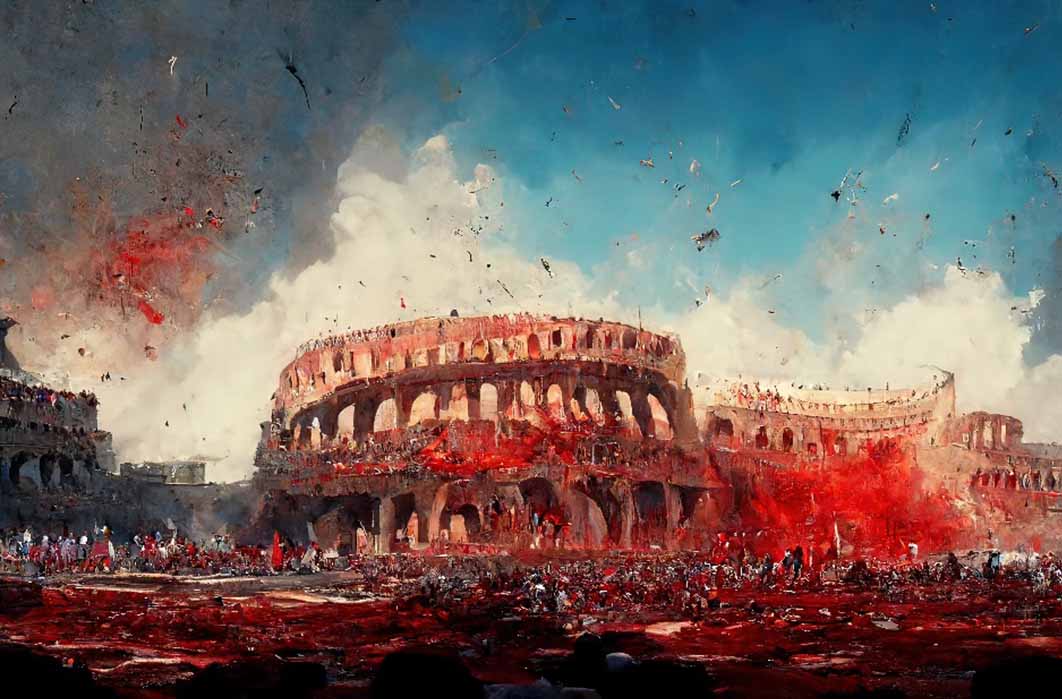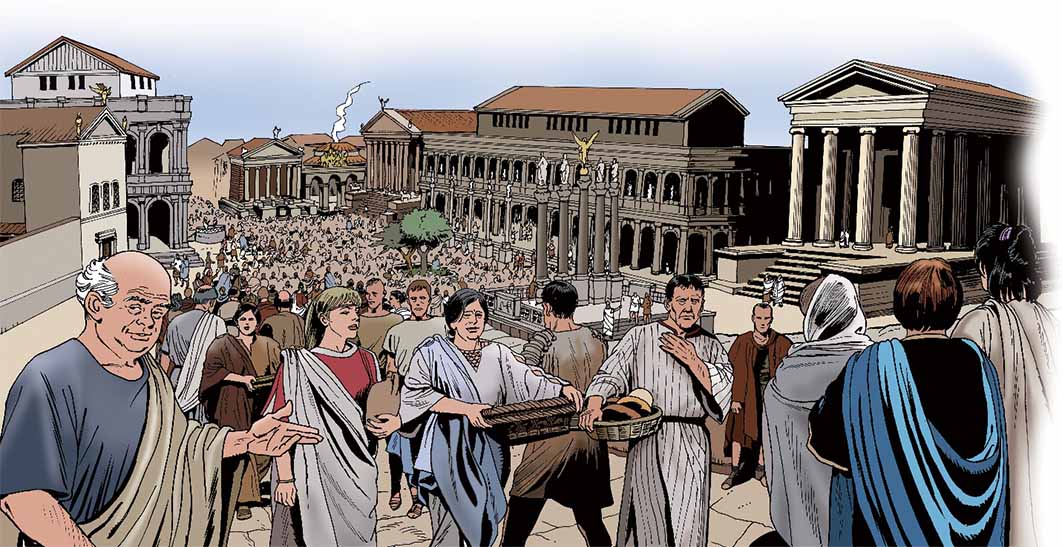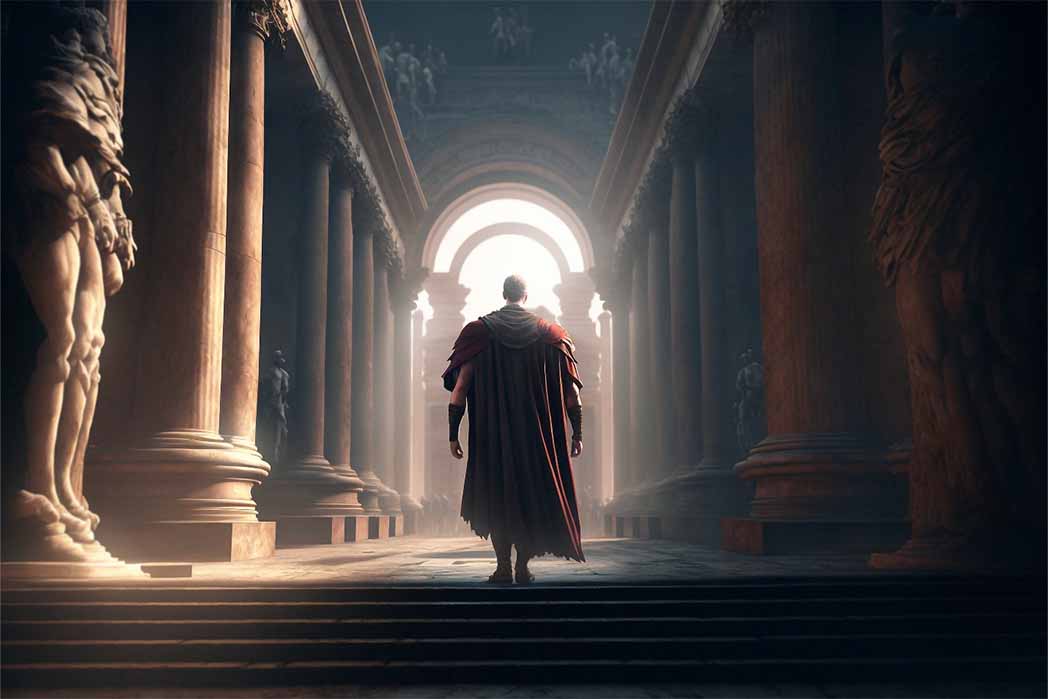
Are You Not Entertained? A Take On Professional Sports, Philosophy and Wargames In Ancient Rome
- By Scott Williams
- History & Tradition, Politics & Social Structure, Philosophy & Spirituality, Health & Well-being
- 0
The poet Juvenal berated the Roman people for allowing themselves to be seduced by slimy politicians who bought their votes with free wheat and expensive circus games: “Already long ago, from when we sold our vote to no man, the People have abdicated our duties; for the People who once upon a time handed out military command, high civil office, legions — everything, now restrains itself and anxiously hopes for just two things: bread and circuses.” The heavyweight champion of vote-buying was Julius Caesar, who borrowed a fortune to ensure he was elected to the consulship. In later years, elaborate public games were organized to distract citizens from their shrinking rights after the fall of the Republic. Whatever the reason, these public games were where the big idea of professional sport came to the fore.
Professional sport needs a crowd. And crowds need to be accommodated. Enter the Roman circuses. These circuses were not big-top tents full of clowns and carnies. They were large open-air stadia used for what passed for sporting events in Ancient Rome. The best known of these venues were the Colosseum and the Circus Maximus, which were the main venues for large public events, especially chariot racing and gladiatorial games.

The Forum was a hive of activity on game day. (Massimo Todaro/ Adobe Stock)
The Colosseum
Everybody knows the Colosseum. Despite its antiquity, it is still the largest amphitheater in the world. Unlike most amphitheaters, the Colosseum is a freestanding structure of concrete and stone. Built around 70 AD, it still stands, a time-honored testament to the Roman fascination with spectacle. In its heyday, it is estimated it could hold between 50,000 and 80,000 spectators, a capacity comparable to most large modern stadiums. The Colosseum’s main function was to house events such as gladiatorial games, executions, and dramatic re-creations of mythological stories. It was even filled with water and used for re-enactments of famous naval engagements.

Backstage, the emperor psyched himself up for a big day of ‘thumbs down’. (Giordano Aita/ Adobe Stock)
Today the martyrdom of large numbers of Christians (usually as lion fodder) is often viewed as the highlight of a fun day in the Colosseum. While Christians were certainly martyred, and big cats were almost inevitably involved, the supporting evidence that these martyrdoms were the main event in the Colosseum is slight. The simple fact is that watching helpless people being torn apart by wild animals was only a curtain-raiser in Roman games.
The Circus Maximus
The Circus Maximus or ‘biggest circus’ was the largest sporting arena of the ancient world and could reputedly hold up to 200,000 people. Unlike the ovoid Colosseum, the Circus Maximus was cigar-shaped. It was purpose-built for staging chariot races, with two long straightaways that were half a Roman mile long.




